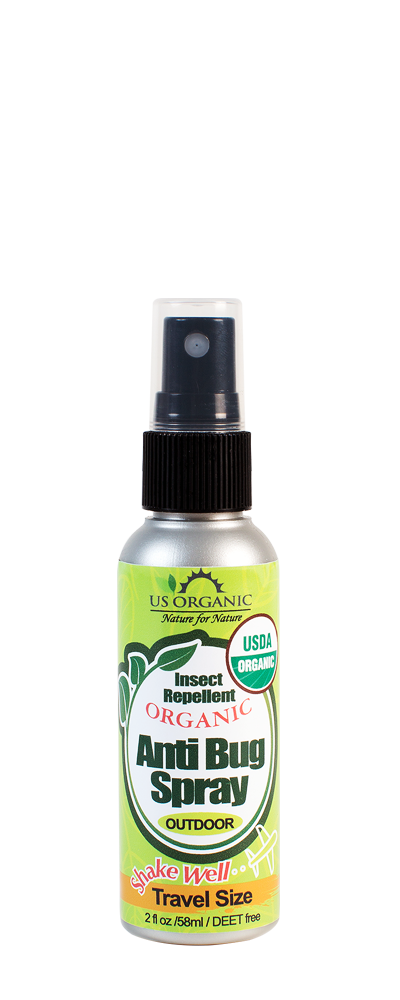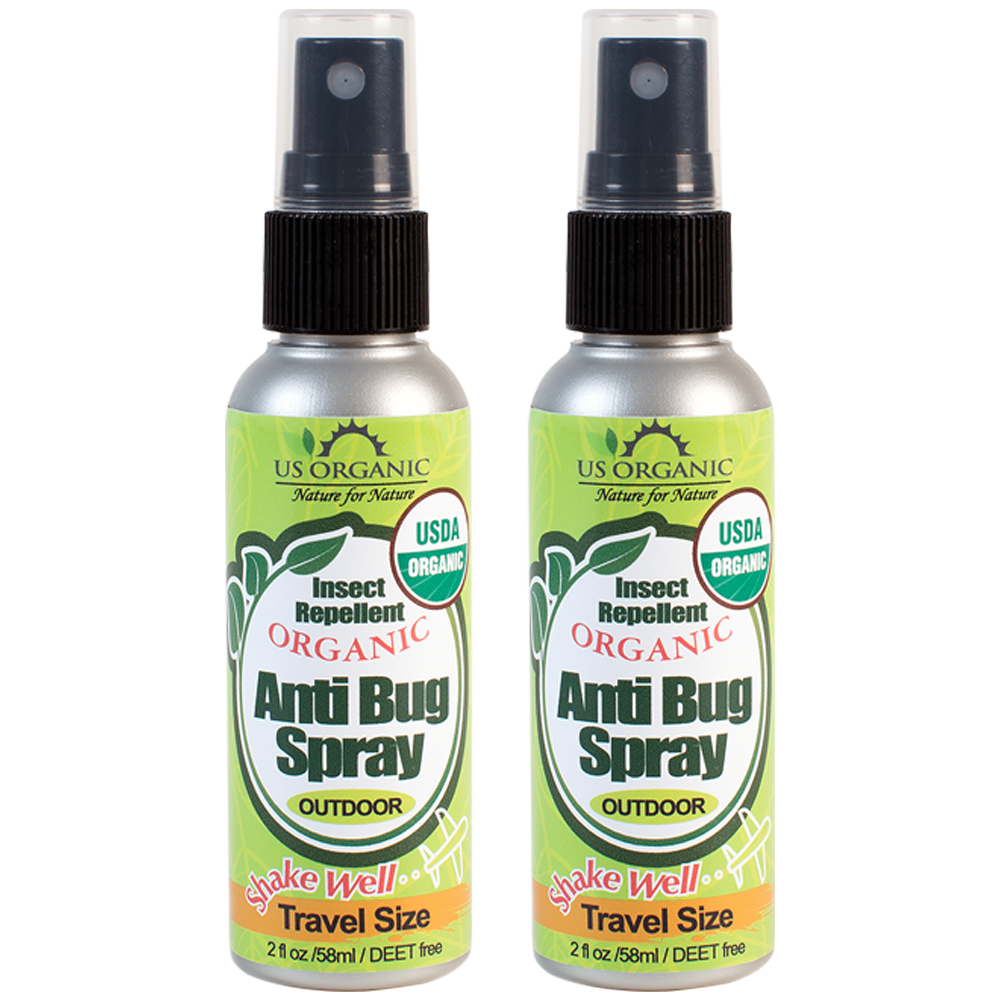As someone who has explored numerous destinations—from the lush rainforests of Costa Rica to the bustling streets of Bangkok—one thing that’s always on my packing list is travel bug spray. Nothing ruins a beautiful adventure like itchy, annoying insect bites! In this comprehensive guide, we’ll cover everything you need to know about choosing the right bug spray for travel, along with personal insights, expert reviews, and handy tips to ensure your next trip is both enjoyable and bite-free.
Understanding the Importance of Bug Spray for Travelers
When venturing into nature or visiting tropical destinations, protecting yourself from insect bites is paramount. Not only can they be irritating, but some bites can also lead to serious health issues, including:
- West Nile Virus
- Lyme Disease
- Malaria
- Dengue Fever
- Zika Virus
Bringing a reliable travel bug spray will not only keep you comfortable but can also prevent diseases. Let’s delve into the types of bug sprays available and what makes them effective.
Types of Travel Bug Spray
1. DEET-Based Insect Repellents
DEET (N,N-diethyl-meta-toluamide) is one of the most common and effective ingredients used in insect repellents. It works by masking the scent that attracts insects.
Pros:
- High efficacy against mosquitoes and ticks
- Long-lasting protection
Cons:
- Can have a strong odor
- May irritate sensitive skin
2. Picaridin
Picaridin is gaining popularity as a DEET alternative. It is odorless and non-greasy, making it a favorite for many travelers.
Pros:
- Effective against a wide variety of insects
- Gentler on the skin
Cons:
- May not last as long as DEET
3. Oil of Lemon Eucalyptus
This natural repellent contains a compound known as PMD, which has been shown to be as effective as DEET against mosquitoes.
Pros:
- Natural ingredients
- Fresh scent
Cons:
- May need to be reapplied more frequently

Choosing the Right Bug Spray for Your Travel Needs
When choosing a travel bug spray, consider the following factors:
- Your destination and the insects prevalent there
- Duration of exposure to the insect population
- Your skin sensitivity and preferences regarding scents
Travel Tips: How to Use Bug Spray Effectively
- Apply the bug spray evenly to all exposed skin and clothing.
- Avoid spraying on open wounds or irritated skin.
- Follow the manufacturer’s directions for how often to reapply.
- Store the bug spray in a cool place to maintain its effectiveness.

Top Travel Bug Sprays: Reviews and Comparisons
| Product Name | Active Ingredient | Duration of Protection | User Rating | Price |
|---|---|---|---|---|
| Repel 100 Insect Repellent | DEET 98.11% | Up to 10 hours | 4.7/5 from 2,500 reviews | $8.99 |
| Off! Deep Woods Insect Repellent | DEET 25% | Up to 8 hours | 4.5/5 from 3,000 reviews | $6.49 |
| Bug Soother Natural Insect Repellent | Oil of Lemon Eucalyptus | Up to 4 hours | 4.6/5 from 1,500 reviews | $14.99 |
| Natrapel 12-Hour Insect Repellent | Picaridin 20% | Up to 12 hours | 4.8/5 from 1,200 reviews | $9.99 |
Destination Highlights: Where to Use Bug Spray
Some destinations are particularly notorious for insects, and being prepared is crucial.
1. Costa Rica
In the rich biodiversity of Costa Rica, you’ll encounter mosquitoes and other insects. I fondly remember hiking in Arenal Volcano National Park, where my trusty bug spray kept the critters at bay, allowing me to enjoy the lush trails without distraction.
2. Thailand
From bustling Bangkok to serene islands, Thailand is alluring but filled with mosquitoes, especially during monsoon season. Always apply bug spray before heading out to explore night markets or beautiful beaches.
3. Amazon Rainforest
Those venturing into the Amazon should take bug protection very seriously! During my trip on a riverboat, I learned the hard way what it feels like to be bitten by relentless jungle mosquitoes.

Pros and Cons of Using Travel Bug Spray
Pros
- Prevents insect bites, reducing the risk of disease.
- Allows for more enjoyable outdoor experiences.
- Easy to carry and apply.
Cons
- Some products may have strong odors.
- Possible skin irritation in sensitive individuals.
- Environmental concerns with certain chemicals.

Personal Travel Experience: A Bug-Free Adventure
On my first trip to Bali, I was blissfully unaware of the mosquitoes that thrive in humid conditions. After a few days of scratching, I finally found a local brand of bug spray that changed everything. Not only did it provide powerful protection, but the fragrance was surprisingly pleasant. My evenings at beachside cafes became enjoyable, free from the worry of pesky mosquitoes.
Frequently Asked Questions (FAQs)
1. How often should I reapply bug spray?
Reapplication frequency depends on the product and your activity level. Generally, every 4 to 8 hours, or more frequently if you are sweating or in water.

2. Is bug spray safe for children?
Yes, but it’s essential to choose a child-safe formula and follow the recommended application guidelines based on age. Some brands even offer specific formulations for kids.
3. How can I remove bug spray from my skin?
Most bug sprays can be removed with soap and water. A gentle exfoliating scrub can also help if your skin feels sticky after application.

4. Are natural bug sprays as effective?
Natural bug sprays can be effective, but they often require more frequent reapplication and may not provide the same level of protection as those containing DEET or Picaridin.
5. What should I do if I get bitten by an insect?
Clean the bite area with soap and water, apply a cold compress, and use anti-itch cream or antihistamines if necessary. Seek medical attention if you experience severe reactions.

Conclusion: Your Travel Bug Spray Essentials
Whether you’re hiking through tropical jungles, lounging on a beach, or exploring urban landscapes, travel bug spray is an essential item to toss in your bag. With so many options on the market, finding the right one is easier than ever. Remember to consider your destination, personal preferences, and application techniques to enjoy a bite-free adventure!
Happy travels, and may your journeys be filled with unforgettable memories—minus the bug bites!